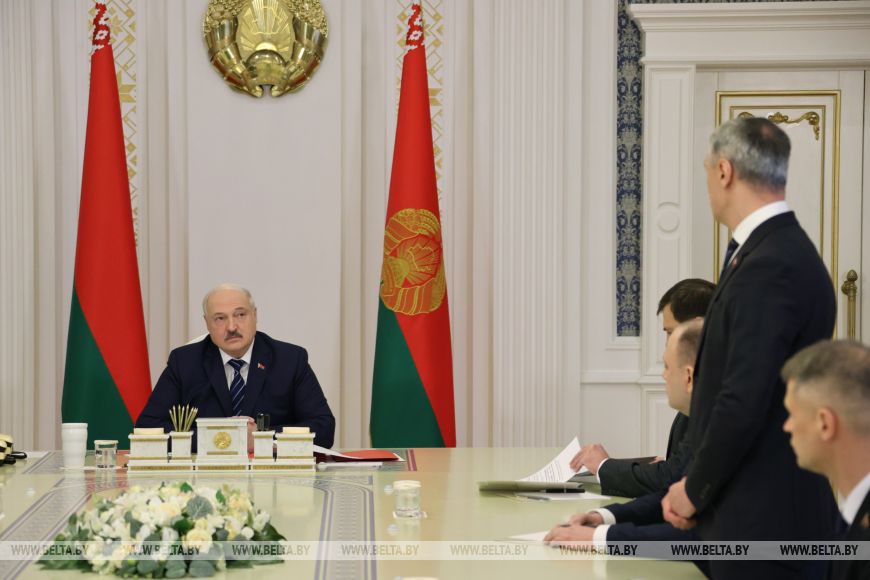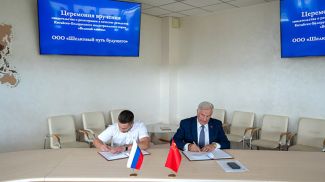
MINSK, 4 April (BelTA) - Sanctions have significantly affected all enterprises of the country’s woodworking industry, Aleksandr Pshenny, whose appointment as Chairman of the Belarusian timber, woodworking, pulp and paper industry concern Bellesbumprom was approved by the president of Belarus on 4 April, told BelTA.
“The situation has been recently improving, with enterprises gradually adapting,” he said. “We are finding new markets. The situation is gradually improving at both private and state-owned enterprises in the domestic woodworking sector.”
The new director added: “The only problem or limiting factor that significantly affects the speed and success of implementation of all our projects is that the Russian Federation is subject to exactly the same sanctions, and itself produces goods that we make.”
“Therefore, when the export of our products to European countries and Ukraine was banned, we had to reorient mainly to Russia and through it to our friendly countries of Central Asia and China,” he said.

Aleksandr Pshenny added: “We see Central Asian countries, Kazakhstan, Uzbekistan, Tajikistan as our partners. We see a significant growth of supplies there. The People's Republic of China is, of course, among our promising markets.”
“The situation has been recently improving, with enterprises gradually adapting,” he said. “We are finding new markets. The situation is gradually improving at both private and state-owned enterprises in the domestic woodworking sector.”
The new director added: “The only problem or limiting factor that significantly affects the speed and success of implementation of all our projects is that the Russian Federation is subject to exactly the same sanctions, and itself produces goods that we make.”
“Therefore, when the export of our products to European countries and Ukraine was banned, we had to reorient mainly to Russia and through it to our friendly countries of Central Asia and China,” he said.
“Today we supply more than 60% of all woodworking products to Russia,” said Aleksandr Pshenny. “Despite the disadvantages we had initially, we are gradually adapting to this situation. Today, the most problematic enterprises are those whose product portfolio is more subject to sanctions restrictions. Those are plywood and MDF boards.”

Aleksandr Pshenny added: “We see Central Asian countries, Kazakhstan, Uzbekistan, Tajikistan as our partners. We see a significant growth of supplies there. The People's Republic of China is, of course, among our promising markets.”













